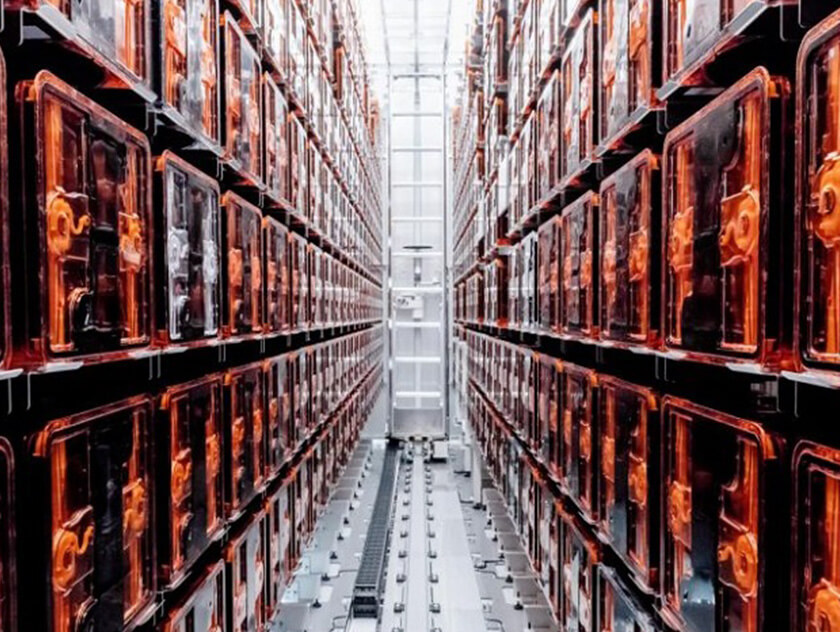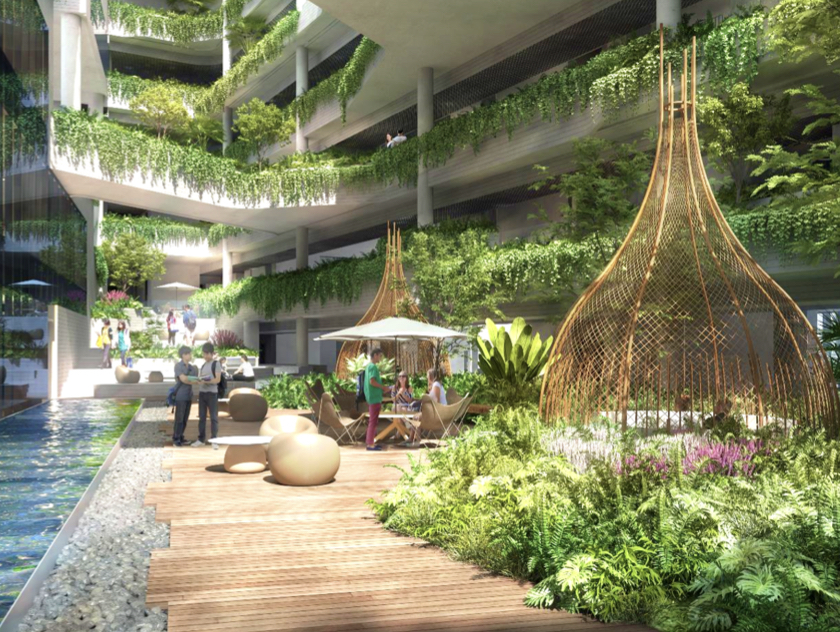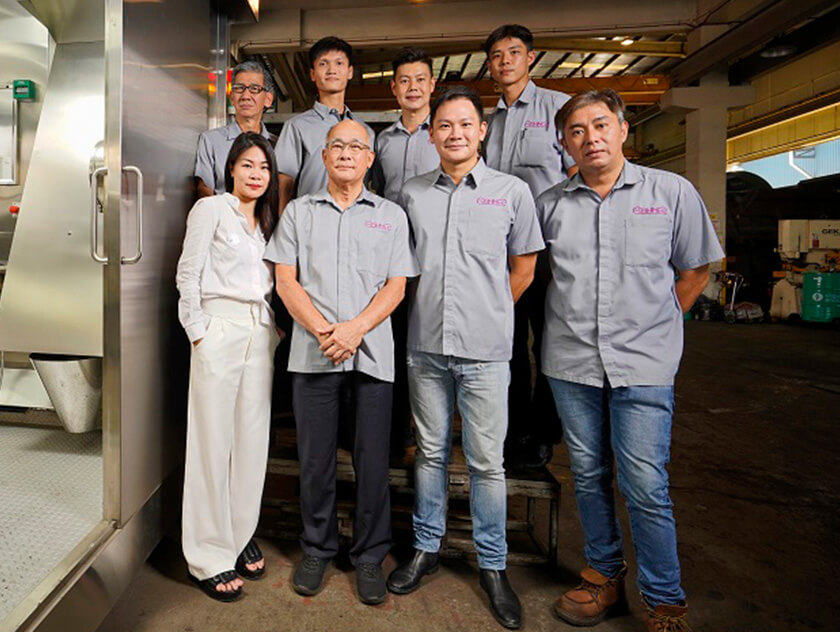Mr Tan Chong Meng is Chairman of JTC, Group Chief Executive Officer of PSA International, and Co-Chair of Singapore’s Emerging Stronger Taskforce. At a recent Singapore International Chamber of Commerce seminar, he spoke about the impact of the pandemic on Singapore's industry-led strategy for economic relevance, and how corporations and government agencies are coming together to succeed in an increasingly competitive world. Here is a summary of his insights.
Singapore’s Future Economy Council (FEC) is creating opportunities for public and private organisations to team up and co-create growth. Speed is key when dealing with a pandemic, and such private-public partnerships enable fast strategic convergence and actions to be taken.
To help Singapore’s industries prepare for structural economic shifts, the Emerging Stronger Taskforce (EST) set up seven (two more were subsequently added, making it nine in total) industry-led Alliances for Action (AfA) coalitions. Their aim? To capture growth opportunities through private-public partnerships that quickly test-bed ideas. Around 2,000 individuals from more than 900 businesses, unions, trade associations, social enterprises and government agencies such as JTC have come together with this shared goal.
With vaccine rollouts, business leaders can now talk about the world recovering from the pandemic — albeit by fits and starts. How might global businesses and industries develop resilience in this drawn-out, disruptive and volatile era?
For Mr Tan Chong Meng, Co-Chair of Singapore’s Emerging Stronger Taskforce, the answer comes in three interrelated parts: the post-pandemic “new normal” requires industry and business ecosystem alliances, infrastructure for innovation, and a bold, can-do spirit.
Restructuring industries through public-private collaboration
From designing and implementing industry standards to developing quality solutions, Singapore requires stakeholders to bring its economic resilience initiatives to life.
The country’s national agencies are thus actively partnering industry leaders to incubate long-term industry solutions. An example of how it is helping to catalyse future industrial growth? By working with partners to establish industry standards that companies can adopt.
The creation of common data standards is a challenge for any single stakeholder. As a result, Singapore’s government agencies are partnering built environment private sector players to pilot the Common Data Environment, a set of industry-wide data standards.
These data standards create interoperable digital platforms, digitising project worksites for the built environment industry. In order to fast-track development, digital infrastructure test-bedding platforms are being developed, including an Open Digital Platform in JTC’s upcoming Punggol Digital District. And to kickstart adoption of such innovations, government contracts that integrate these data standards are being rolled out actively.
Building next-generation infrastructure for digitalising industries
The pandemic has reminded us of the importance of resilient supply chains. To that end, Singapore is digitalising logistics together with supply chain partners. For instance, the country is fast-tracking the adoption of PSA Singapore’s smart booking platform, which improves supply chain visibility for businesses relying on sea freight.
A gateway park in Tuas is also being built to enable supply chain digital twins. These virtual replicas of physical supply chain systems allow data scientists and business developers to map scenarios and optimise deployment using software models. Insights gained on potential performance and problems can then be used to develop new solutions in cold chain storage, management and logistics.
Concurrently, next-generation business and industry ecosystems offer opportunities for industry-wide adoption of these solutions. JTC’s Jurong Innovation District, in particular, features advanced manufacturing facilities and dedicated infrastructure such as an underground logistics network that is ready to connect supply chain solutions with end-users in Singapore and the region.
Creating sustainable systems for manpower and resource resilience
Automation raises productivity, transforms existing jobs and creates new ones, driving industrial and manpower sustainability for our economy. Singapore’s government agencies are therefore actively partnering robotics players to pioneer solutions.
For instance, autonomous bus trials were conducted on Jurong Island and Science Park 2, headed by private sector partner ST Engineering, and operated by SMRT and SBS Transit, the two largest bus operators here. Collaborations with third parties to test-bed robots for building inspection and maintenance cleaning are also underway.
Apart from business sustainability, going green is crucial for viable operations. To improve resource resilience for Singapore’s industries, circular economy development initiatives are being co-developed with companies on Jurong Island, Singapore’s energy and chemicals hub. Lessons from this closed-loop model can be scaled across other private and public sector ecosystems, helping Singapore seize opportunities in a growing green economy.
Why bold business moves will secure Singapore’s relevance
Singapore’s industry-wide public-private partnerships create opportunities for cross-sectoral decision-making and innovation. These address pain points for a range of stakeholders and generate long-term solutions.
Singapore may be a small country, but it has many advantages. It is shaping to be an important node for technology, innovation and enterprise, and is part of the vibrant Southeast Asia trading bloc. It has strong governance and a skilled workforce. Its training institutes are world-renowned, and its legal and financial environments are progressive.
All these strengths need to (and will) coalesce as Singapore’s business and industry ecosystem continually finds new ways to stay relevant well beyond the pandemic.
The post-pandemic world will be as much about uncertainty as about hope. In Singapore, systems are in place to break down economic silos and shift mindsets with a simple truth: teamwork is for everyone.


